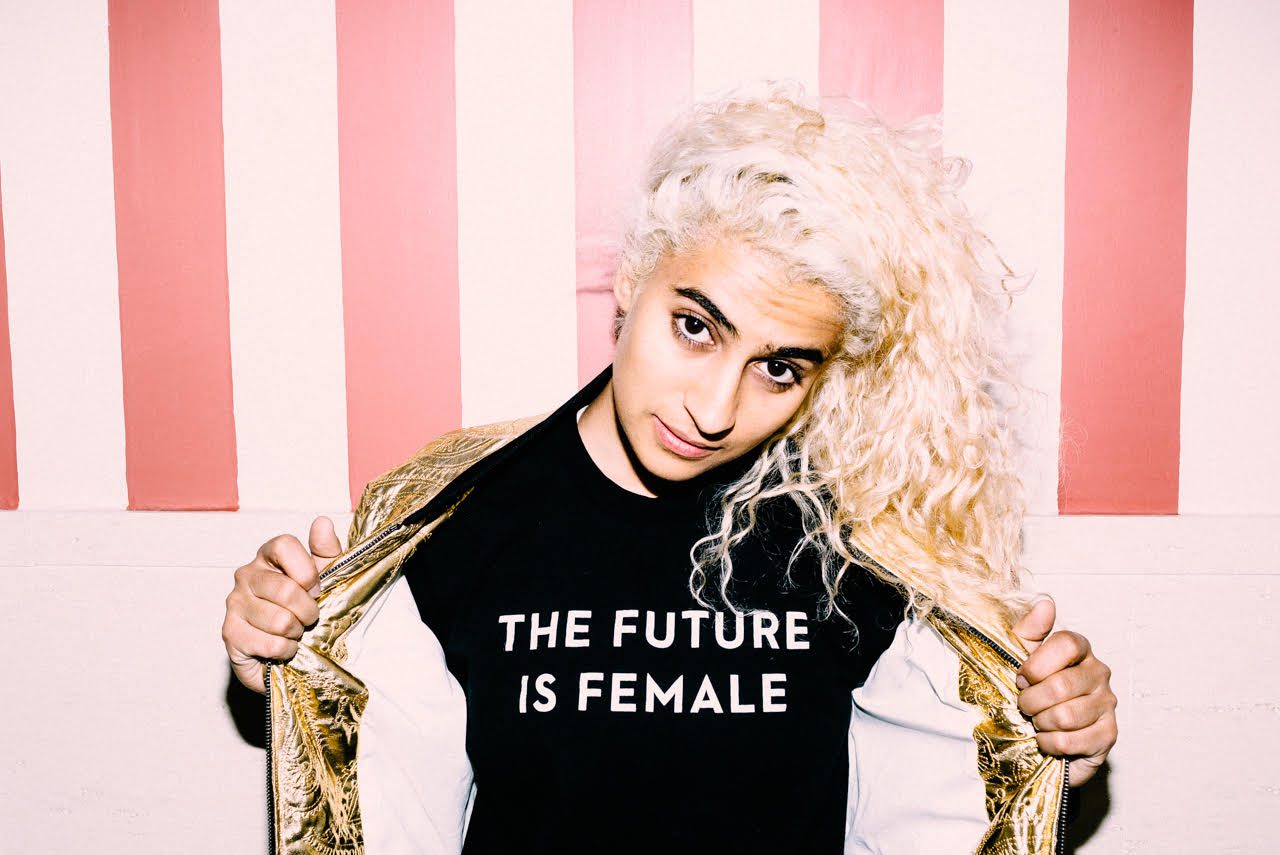
[fusion_builder_container hundred_percent=”yes” overflow=”visible”][fusion_builder_row][fusion_builder_column type=”1_1″ background_position=”left top” background_color=”” border_size=”” border_color=”” border_style=”solid” spacing=”yes” background_image=”” background_repeat=”no-repeat” padding=”” margin_top=”0px” margin_bottom=”0px” class=”” id=”” animation_type=”” animation_speed=”0.3″ animation_direction=”left” hide_on_mobile=”no” center_content=”no” min_height=”none”]

In the midst of crisis we assume those who suffer go unheard. And certainly that is how the victim of the Stanford Rape Case must have felt when her assailant Brock Turner was sentenced to a mere six months of prison after leaving her violated and battered behind a dumpster. The culprit for such unwarranted mercy was none other than Judge Aaron Persky, though the organizers of last Monday’s fundraiser at Baby’s All Right would assert the culprit was also the rape culture we live in. “Fuck Rape Culture,” the event put on by NYC’s GIRLCVLT directly donated its proceeds to the campaign striving to recall Judge Persky’s position. Even after the Brock Turner case Persky has been found unfit to rule, as he has sentenced Ming Hsuan Chiang-the man who pleaded no contest to a severe domestic violence felony that left his fiancé beaten to a pulp-to weekend jail. Persky, after his insolently lenient sentence, then bent over backwards to make sure Chiang would be able to get to work on time each Monday.
Fronting the recall campaign is Michele Dauber, a Stanford law professor, sociologist and activist. Dauber was present throughout the Turner case and took to the Baby’s stage last Monday, relaying how in court Persky “paid a lot of attention to Turner’s pain, Turner’s injury, and treated him as if his reputational injury was the injury that really mattered. And we really are here today to say enough is enough. Women and other survivors of sexual violence ― because it’s not only women ― have fought too hard and too long to be treated as if we do not matter.”
The evening was peppered with some remarkable acts including The Skins and The New Tarot. Amber Tamblyn offered an impassioned poetry reading while actress and rape survivor Rose McGowan gave an admirably vulnerable speech. Though the performer that stole my heart for the night was Kiran Gandhi, whose musical project Madame Gandhi finished off the evening with lingering beats and the appropriate amount of optimism to ignite the crowd even more.
[/fusion_builder_column][fusion_builder_column type=”1_1″ background_position=”left top” background_color=”” border_size=”” border_color=”” border_style=”solid” spacing=”yes” background_image=”” background_repeat=”no-repeat” padding=”” margin_top=”0px” margin_bottom=”0px” class=”” id=”” animation_type=”” animation_speed=”0.3″ animation_direction=”left” hide_on_mobile=”no” center_content=”no” min_height=”none”]

I’d just seen Gandhi at the Girl Power Fest last weekend, and while she never short-changes a crowd, she did seem to have phantom drum set while performing for the small Hester Street Fair. At Baby’s however, Gandhi was fully rigged with her kit, expert lighting, and badass “Ableton Queen” Alexia Riner. Gandhi, who will release her debut EP later this year and a full-length record to follow, interspersed tracks like “Moon In The Sky,” “The Future Is Female,” and “Keep Her Close” (a total banger), with informed discourse on “Herstory.” “I just have a bit of trivia, some Herstory,” said Gandhi. “If you have the answer just raise your hand and we have some merch for the person with the right answer.”
“Who was the first female millionaire?”
(Madam C.J. Walker)
“In the entire history of civilization, how many female world leaders have there been?”
(19)
I admit my hand stayed by my side the whole time. It seemed that the overarching point of this portion of her set was to shine a light on how shamefully little we are taught about women in history.
During her performance, Gandhi read from the Feminist Utopia Project, articulating a vision for the future of girlhood that equips young ladies with tools of strength and wisdom as opposed to focusing solely on their aesthetic traits.
Gandhi’s sets are multidisciplinary experiences, like the performer herself. She sings, speaks with the cadence of a great orator, conducts readings, drums wildly, beat-boxes, and engages with the crowd in ways I rarely see. She is in control while remaining warm and inviting. She is a great hope for the future of music and activism. And that future is female.
[/fusion_builder_column][/fusion_builder_row][/fusion_builder_container]

